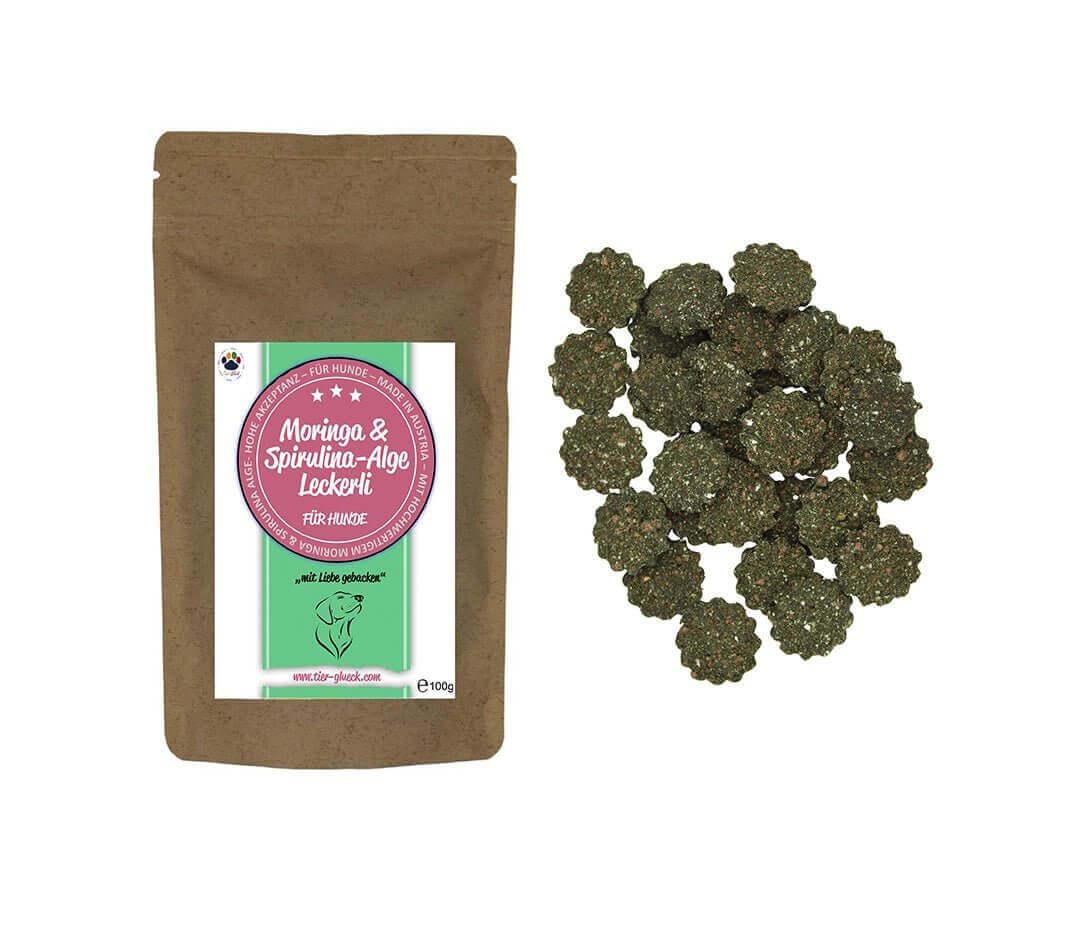If your dog or cat suddenly refuses food, concern quickly sets in. But food refusal can have many causes—from harmless to serious health problems. In this article, you'll learn what the possible reasons behind this sudden loss of appetite are and how to respond appropriately.
Common causes of food refusal in pets
1. Illness and pain
Many illnesses, such as gastrointestinal infections, toothaches, or infections, cause your pet to avoid food. If your pet is without food for a long time, you should definitely consult a veterinarian.
2. Stress and environmental changes
Moving, new roommates or loud noises can unsettle pets and lead to them refusing to eat.
3. Feed intolerance or change in diet
Sometimes it's the food itself. A new food or an intolerance can reduce appetite.
4. Dental problems
Toothache or gum inflammation make chewing uncomfortable.
5. Age and changing needs
Older animals often eat less, but still need a balanced diet.
What can you do if your pet doesn't eat?
-
Visit to the vet: If your pet is not eating for a long time, always consult a professional first.
-
Adjust food: Try high-quality, tasty food or soft wet food.
-
Reduce stress: Create a calm feeding environment and familiar routines.
-
Dental care: Regular check-ups and cleaning of your teeth can help.
-
Small, frequent meals: Instead of large portions, offer small amounts several times a day.
Conclusion
Loss of appetite in pets shouldn't be ignored. By identifying the cause and taking targeted action, you can quickly help your pet recover. You'll find many suitable products and tips for healthy nutrition and well-being in our shop.
💡 Extra tip: Discover high-quality food options and snacks in our Tier-Glück shop that will satisfy even the pickiest eaters.









